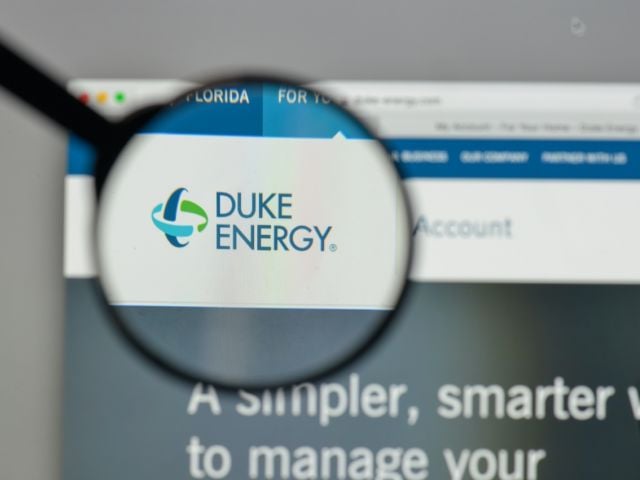CONTACT: EWG Public Affairs, 202-667-6982; [email protected]/Lauren Pagel, Earthworks, 202-887-1872 x107; [email protected]
The Obama administration’s imminent decision on the future of uranium mining near the Grand Canyon could be swayed by the analysis of a mining industry consultant who stands to reap hundreds of thousands of dollars if the moratorium on new uranium claims is lifted, according to a new report from Earthworks and the Environmental Working Group.
In February, the Bureau of Land Management released a study of the options for lifting the moratorium on new uranium mining claims on 1 million acres surrounding the Canyon. The study gave short shrift to the risk that radioactive mine waste could contaminate the Colorado River, which flows through the Canyon. That analysis relied heavily on a paper by the consultant, Karen Wenrich, of Golden, Colo.
But just three days before release of the BLM study, an Arizona uranium mining company completed a deal, later filed with the Securities and Exchange Commission, disclosing a contract to pay Wenrich $225,000 for 61 mining claims if the moratorium is lifted. Records show Wenrich staked the claims in the million-acre area around the Canyon in 2007 and 2008. These existing claims are not invalidated by the moratorium but could be more easily developed if it is lifted.
"Consultants who stand to gain financially from uranium mining should be excluded from the process of deciding where and how much uranium mining occurs, plain and simple," said Lauren Pagel, policy director for Earthworks. “Any analysis of mining's potential impacts on the Grand Canyon and the surrounding watershed needs to be unbiased.”
“It would be hard to imagine a more brazen conflict of interest,” said EWG Senior Counsel Dusty Horwitt. “The Interior Department should rely on objective researchers, not industry consultants who stand to benefit directly from the department’s decisions.”
“Public land shouldn’t be given away cheaply, especially based on the analysis of anyone who stands to profit,” said Rep. Raúl M. Grijalva, ranking member of the House Subcommittee on National Parks, Forests and Public Lands. “If mining deals near the Grand Canyon need this much help demonstrating they’re good for the taxpayer, there’s no reason they should be approved. This conflict of interest needs to be cleared up immediately and an unbiased analysis needs to be done to protect the public interest.”
As chairman of the subcommittee in the previous Congress, Grijalva supported a twenty-year moratorium on the approximately one million acres of public near the Grand Canyon that could be affected by pending and proposed mining operations. He introduced the Grand Canyon Watersheds Protection Act (H.R. 855) on March 1 to permanently withdraw the land in question from future mining claims. He continues to support the twenty-year moratorium option at the Interior Department level and wrote a May 4 letter to Interior Secretary Ken Salazar urging him “to ensure that the Grand Canyon is just as spectacular as it is now for generations to come.” This and Grijalva’s other public correspondence on the issue is available athttp://grijalva.house.gov/oversight.
The Lower Colorado Water Partnership wrote the Bureau of Land Management, expressing concerns about possible mining-related risks to the river, which supplies drinking water to about 26 million Americans.
# # #
EWG is a nonprofit research organization based in Washington, DC that uses the power of information to protect human health and the environment. https://www.ewg.org.
EARTHWORKS’ Oil & Gas Accountability Project works nationwide to protect public health and the environment in communities impacted by oil and gas drilling and production.
Facebook: www.facebook.com/OilGasAccountabilityProject
Twitter: @EARTHWORKSrocks


